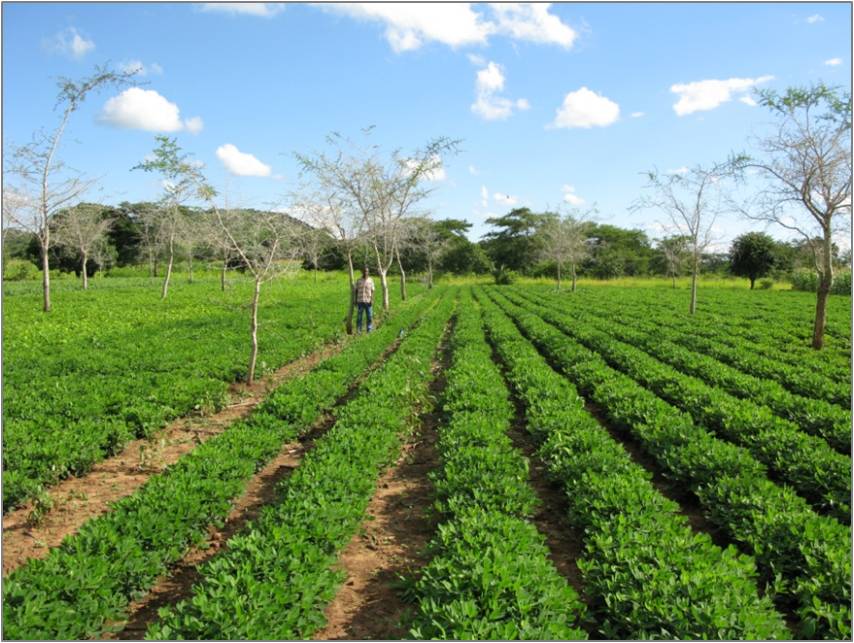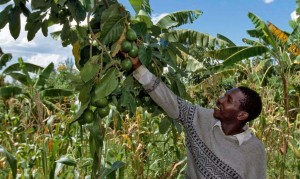By for Agroforestry World
Originally published October 7, 2011
“If you choose the right species of trees and manage them in the right way, they can be compatible with agriculture and provide many benefits,” said Dennis Garrity in addressing the World Congress of Conservation Agriculture during his last week as Director General of the World Agroforestry Centre.
Garrity outlined examples of how trees are transforming the livelihoods of many African farmers and at the same time improving exhausted soils.
While attending the conference in Brisbane, Australia, Garrity was interviewed on QUT News and by Radio Australia. In the latter interview he discusses the challenges of disseminating the message about the benefits of trees on farms to farmers in Africa.
“Nut trees and other cash crops are a source of food as well as cash to farmers,” explains Garrity. “You tend to get a greater income per square metre with tree-based systems,”
While conservation agriculture techniques are increasingly popular in countries like Australia, smallholder farmers in Africa face many hurdles to adopting the practice. One of the key principles in conservation agriculture is retaining crop residues. But in Africa, most smallholder farmers have both crops and livestock so they tend to use all available crop residues to feed their livestock.
Garrity points to examples of how Evergreen Agriculture –incorporating trees into crop production systems – has boosted crop production by up to 200 percent. One form of Evergreen Agriculture, known as Conservation Agriculture with Trees or CAWT, keeps the emphasis on reduced tillage, but expands the principle of residue retention to include the integration of trees and shrubs in crop fields.
Of particular importance to African farmers are fertilizer trees. These trees improve soil fertility by drawing nitrogen from the air and transferring it to the soil through their roots and leaf litter. In a region where two-thirds of farmers cannot afford to buy mineral fertilizers, the trees provide an inexpensive organic solution.




